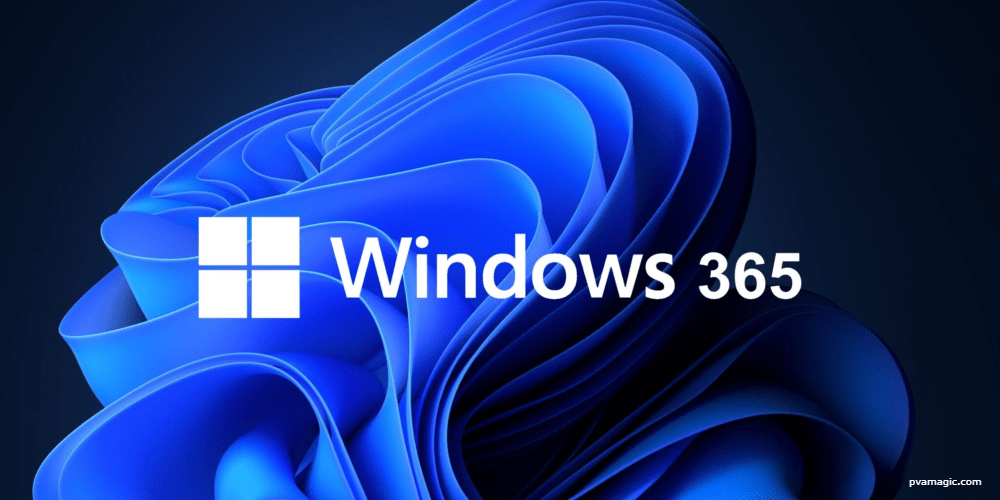Microsoft Pivots Towards a Cloud-Centric Vision with Windows 365
- 27 Jun 2023
- 0 Comments

As Microsoft continues to refine and advance its technological competencies, the software powerhouse is aligning Windows more closely with the cloud. This progressive move, primarily observed in the commercial realm with Windows 365, looks set to extend to the consumer arena, marking a significant transition in the company's strategy.
Windows 365, Microsoft's pioneering platform, delivers a robust Windows version via streaming to user devices. Until now, the service has been primarily geared toward meeting the needs of business customers. However, under Microsoft's discerning eye, Windows 365 has been intricately woven into the fabric of Windows 11, representing a seismic shift in consumer-oriented computing functionality.
Significant changes are on the horizon with a future update that will herald the arrival of Windows 365 Boot. This feature will be a game-changer, facilitating Windows 11 devices to boot directly into a Cloud PC instance. Thus, users can bypass their local Windows version at startup, a feature that historically has been lacking.
Besides Windows 365 Boot, additional cloud-based integration is being advanced with Windows 365 Switch. Integrated within Windows 11, Windows 365 Switch brings seamless access to Cloud PCs via the Task View feature, traditionally used for virtual desktops. With this development, users can effortlessly switch between local and cloud-based workspaces.
In conclusion, the era of cloud-based computing for consumers is moving ahead full steam with Microsoft's Windows 365. With the integration of innovative features such as the Windows 365 Boot and Switch, Microsoft is redefining the boundaries between local and cloud computing. The ongoing alignment of Windows 11 with Windows 365 signifies a significant stride towards a future where cloud computing will potentially become de rigueur for all customers, not just commercial entities.





